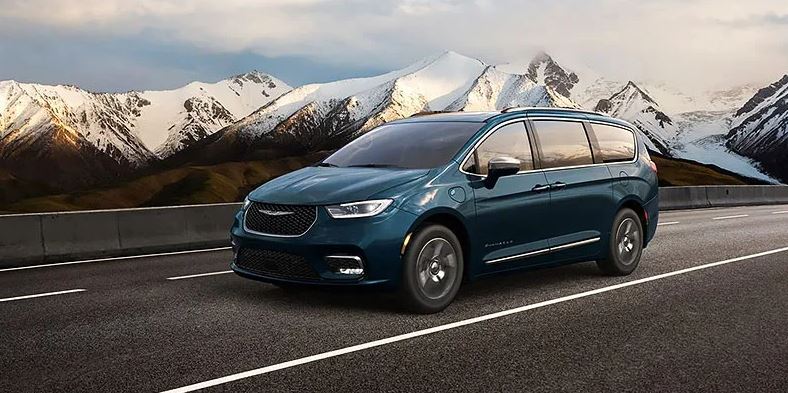
A catalytic converter changes dangerous chemicals into harmless ones. The converter is an essential part of your Chrysler as your engine requires a converter to operate effectively. They’re designed to work for long periods at high temperatures, but a converter can still wear out or suffer damage. As your Chrysler dealer, we can repair or replace your converter for you. These are some examples of converter problems we can fix.
Signs You Need a New Catalytic Converter From Your Chrysler Dealer
Rattling Noises
Weird noises inside your car always mean something is wrong. A rattling noise that seems to be coming from the converter usually means that your converter has been damaged. This noise is made by broken parts of your converter moving around as your car drives. The broken parts come from the honeycomb structure that makes up the inside of the converter.
A honeycomb structure provides a large surface area for converting exhaust gases and also possesses great strength. Damage to any part of the structure, however, weakens the honeycomb and can cause pieces to break off. The broken parts will crash into other sections and cause further damage until the converter is replaced.
Black Exhaust Smoke
Normal exhaust smoke is white and almost invisible. Thin white smoke is a sign that your converter is operating just like it should. Black exhaust smoke means that your converter is failing. This smoke has a foul rotten egg smell and contains dangerous levels of carbon monoxide, hydrogen sulfide, and other poisonous chemicals.
Our technicians will need to check your converter to find the cause of the problem. Usually, the black smoke means your converter can’t be repaired but will need to be replaced. A converter can also fail due to age or damage due to other engine problems. Once we’ve identified the problem we’ll fix it for you.
Engine Cuts Out
When you start your engine and it dies in seconds, this is a sure sign that your converter is blocked. The converter can become blocked by carbon deposits from the conversion process. A blocked converter prevents the exhaust gases from passing into the exhaust and exiting your car.
When you start your engine, the combustion process begins. The cylinders will dump the fuel residue into the exhaust system, and they’ll enter the converter. The blocked exit forces the gases back into your engine. Once inside the engine again, these gases increase the fuel-to-air ratio. The high fuel-air ratio these gases create will cause your spark plugs to fail.
A failed or blocked converter can cause damage to your engine if it’s not repaired or replaced. If you experience any of these signs, call our service department immediately at Blue Ribbon CDJR.








